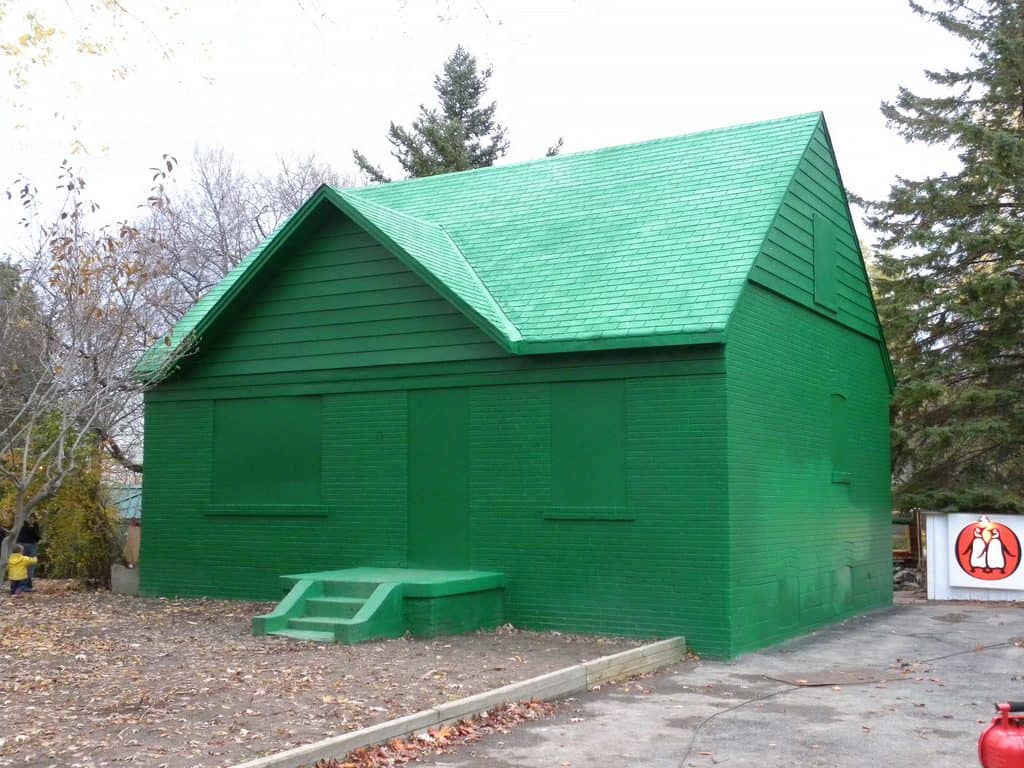Driving around your hometown, you probably see signs in bank windows that advertise HELOCs. Maybe you heard the term in a commercial? Maybe you don’t know what I’m talking about? Either way, it is important to know how HELOCs work and how you may be able to take advantage in the future.
What is a HELOC?
HELOC stands for Home Equity Line of Credit. HELOCs are a form of home equity loan. Since I have never discussed home equity loans before on this site, I figure we can knock out two birds with one stone. So sit back, relax, kick your shoes off, and get ready for a short lesson on real estate loans.
HELOC Example
First off, you need to own a home and have equity to qualify for any home equity loan, as the name implies. Home equity is the ownership you have built up in your home. To calculate your equity, subtract your outstanding loan principal from the present value of your home. If your home is appraised to be worth $250,000 and you have $100,000 left on a mortgage, you have equity of $150,000. Equity changes based on those two inputs. If the value of your property goes up or down, as constantly happens due to market conditions, your equity will change. If you pay down your mortgage loan, you will increase your equity.
So, in the example above you have equity of $150,000. If you need a lot of money for a planned purchase, such as a car or large home improvement, you can take out an installment loan based on that equity. The rate of a home equity loan is generally the lowest interest rate a consumer can find aside from a mortgage. However, it also means that if you stop paying, the bank can foreclose on your house. If you plan on paying every month, just like you have to do with all of your loans anyway, you can get a better “car loan” rate or refinance your credit cards at a lower rate if you use a home equity loan instead.
A HELOC Emergency Fund
Sometimes, however, emergencies come up. We don’t all have an emergency fund, even though we probably all should. For these scenarios, HELOCs come in handy. A HELOC is a line of credit attached to your property. Like all lines of credit, your HELOC works kind of like a secured credit card with a lower rate and different fees.
If you decide you want a HELOC, you will have to pay fees up front to create the loan, though some banks will give you a HELOC without any closing fees. Once it is established, you never have to use it. If you don’t use it, you don’t have to pay any more. If you do use it, you have to pay interest on the outstanding balance, like a credit card, and pay back the loan balance at a later date. Some HELOCs simply accrue interest and require no payment until the end date of the loan. Some require interest only until the loan end date. Others institute a minimum payment based on the outstanding balance. You can generally negotiate this with the bank when you set up the loan.
Is a HELOC Right For You?
If my opinion, HELOCs are a good idea for established homeowners for emergency use. If you are new in real estate, this is just another complicated loan that lets you spend money you will eventually have to pay back. If you have a lot of equity and want to be ready for when the water heater breaks, you need to replace the furnace, or a plumbing emergency comes up, a HELOC might be right for you. Just remember, it can take weeks to setup this type of loan. If you want it in an emergency, waiting for the pipe to break will be too late.
You also need to have good enough credit to qualify for a HELOC. Even if you were able to get a mortgage, your credit is changing all the time and a few missed payments could disqualify you from getting a new loan. If you don’t know your credit score, you can check it for free here with this guide.
If you think I missed anything or have any questions, feel free to say so in the comments.
First published September 23, 2009. Updated July 28, 2014.


Comments are closed.